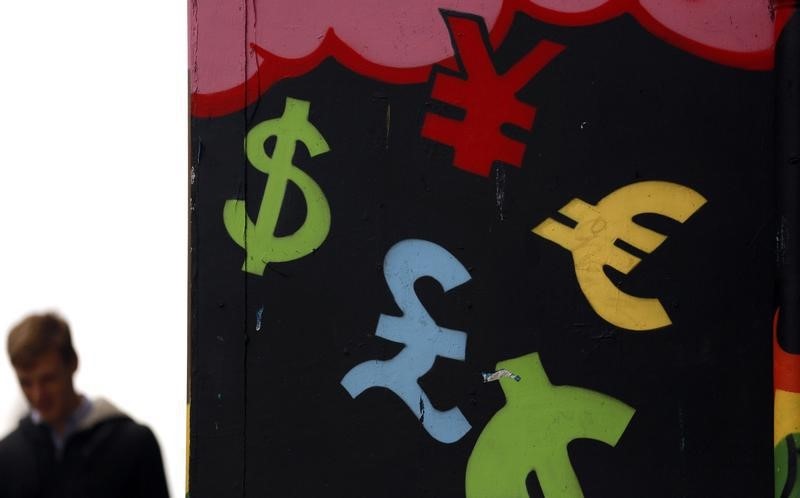By Padraic Halpin and Conor Humphries
DUBLIN (Reuters) - Ireland's economy grew by 1.4 percent quarter-on-quarter in the first three months of the year, in a recovery that is forecast to make it the fastest-growing economy in Europe for the second year running in 2015.
Ireland's economy expanded by 5.2 percent last year, revised up on Thursday from 4.8 percent previously, its best performance since 2007 before a property crash plunged it into recession and triggered a fiscal and banking crisis.
The upward revisions mean that at 189 billion euros, the Irish economy is now larger than at the height of the "Celtic Tiger" boom in 2007.
"It is quite clear that Ireland will easily top the euro zone growth league table for the second-year running," Merrion Stockbrokers' chief economist Alan McQuaid said.
"Growth is now more likely to be in the 5 to 6 percent range for 2015, a positive boost for the government ahead of next year's general election."
As the euro zone economy slowly improves, some of the countries that led it into a debt crisis are leading the way. Spain, another economy wrecked by a banking crisis, grew at its fastest quarterly pace in over eight years in the second quarter.
Ireland's strong start followed better than initially estimated growth of 1.2 percent in the fourth quarter and put gross domestic product 6.5 percent ahead of the first quarter a year ago, the Central Statistics Office said.
Five economists polled by Reuters had predicted growth of 1.5 percent on the quarter.
Exports rose 2.3 percent quarter-on-quarter and personal consumption, chiefly responsible for the 2014 upgrades, was up 1.2 percent. Investment spending fell by 3.1 percent, following a series of large increases in 2014.
That was in line with a range of other figures, from robust retail sales to shrinking unemployment, that Ireland's central bank said pointed to increased domestic demand growth in the first half as it increased growth projections on Wednesday.
The turnaround after exiting an international bailout just 18 months ago has allowed the government to quickly reduce its debt and budget deficit, while at the same time promising voters tax cuts and more spending ahead of elections.
Finance Minister Michael Noonan said this month that growth this year may be slightly more than the 4 percent forecast by government, and that the budget deficit could fall below the 2.3 percent of GDP predicted in April.
"The critical element is that the economy is building momentum domestically," Austin Hughes, KBC Bank Ireland chief economist said, predicting "blockbuster" growth this year of around 5 percent.

"The budget outturn could be 1.5 percent this year rather than 2.3 percent."